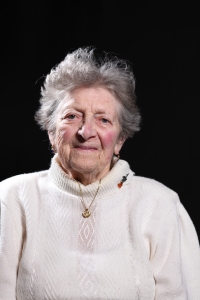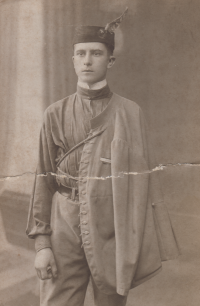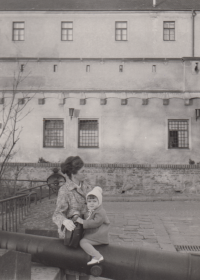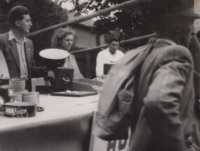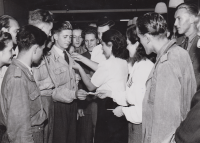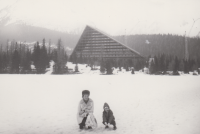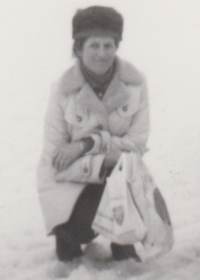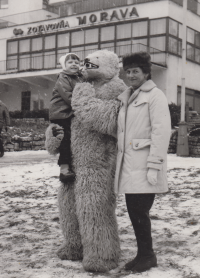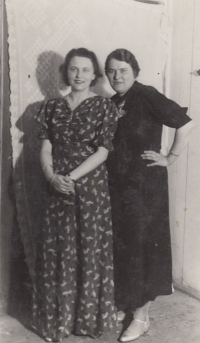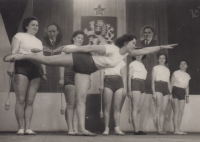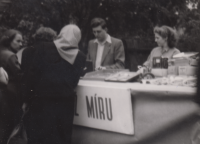When the sirens started blaring, I was so worried about where the bombs were going to fall
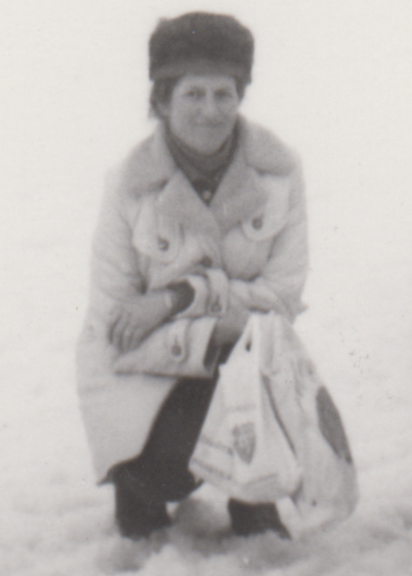
Download image
Dagmar Němcová, née Kuglerová, was born on 12 June 1930 in Hrušovany u Brna. Her father Jan worked as a postman, her mother Klotylda took care of the household. At the age of three, Dagmar and her parents moved to Brno because of her father’s profession. After the German occupation in 1939, her father, as a postman, distributed anti-Nazi leaflets. Thanks to his profession, he became friends with the Jewish Fischgrund family, whom he helped hide their property before their deportation to Terezín. Dagmar repeatedly experienced bombing in Brno, and then spent the final phase of the war at her grandfather’s home in Hrušovany, where she and her mother hid in a dugout. After the liberation the family had nowhere to return to, the original Brno apartment was destroyed by bombing and the family was assigned a new one after the Germans had been displaced. Dagmar trained as a shop assistant, and in the 1950s she furthered her education at a secondary school of commerce. From the 1950s until her retirement, she worked at the Pozemní stavby. Her whole life is connected with Brno, where she lived through the war, the invasion of the Warsaw Pact troops, the Velvet Revolution and where she was living at the time of the interview (2022).
